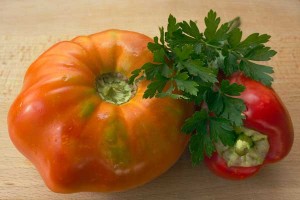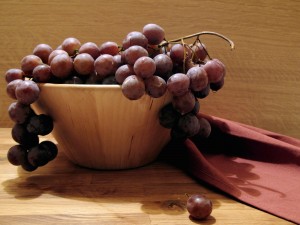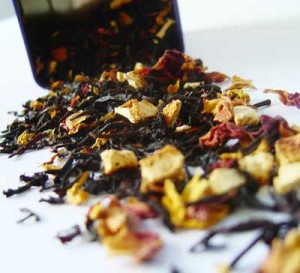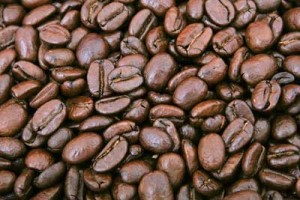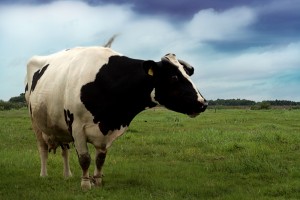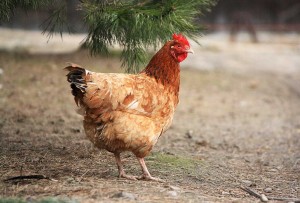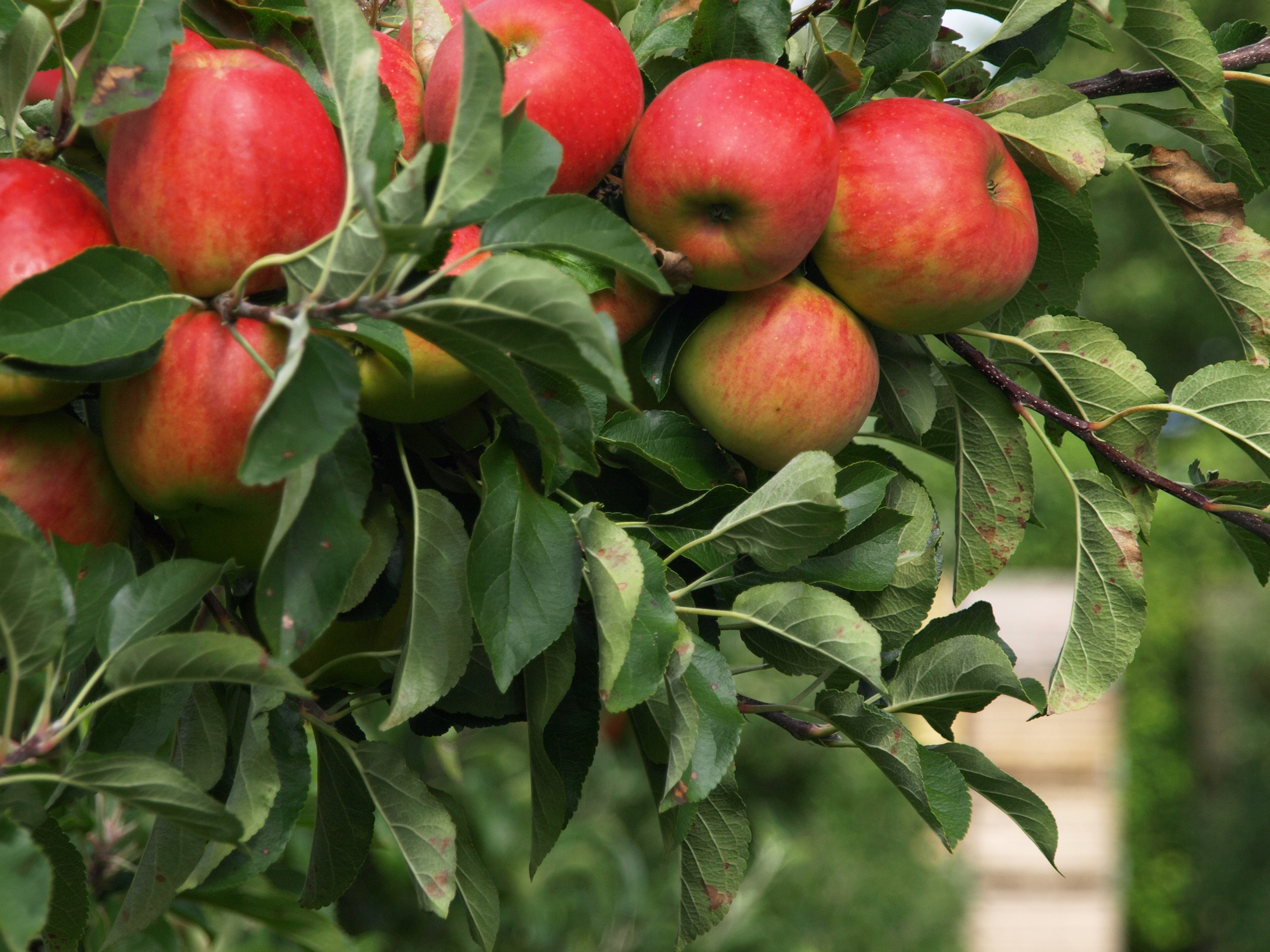
Organic food is defined as any food that is produced without using any chemicals, either in its production or processing.
This can include the following areas.
What happens during the growing of organic food
To grow organic food there are no chemical fertilizers applied to the soil, either as a chemical nutrient source, or to destroy perceived pests.
Adding chemical fertilizers to the soil can destroy the natural structure and pH of the soil. When super phosphate, a widespread chemical fertilizer, is added to soil it lowers the pH of the soil. That is, the soil becomes quite acidic, and many soil minerals are not available for plant uptake at low pH.
During the growing process a range of pesticides, herbicides and insecticides may be used in conventional growing. All of these chemicals can be detrimental to the health of people and the growing ecosystem as a whole. Some insecticides not only kill insects that are thought to be pests, but they also destroy many beneficial insects as well. Beneficial insects like bees, are very sensitive to a range of chemical insecticides.
There is also a lot of scientific data which has been gathered over long periods of time, to suggest that we as humans do better without the chemicals added to crops during conventional growing. We have evolved to prosper just by eating pure organic food.
This is why there are so many advantages to producing and eating organic food.
Organic food production seeks to work with natural ecosystems. If we look at nature we see many ways nature uses to produce great tasting and very healthy food.
Harvesting
If we look at modern agriculture, we see that it aims to have a huge range of food on supermarket shelves for most of the year. Most food is produced seasonally, which means that we shouldn’t see oranges at the store all year. To have oranges on the shelves all year they have usually been treated with a variety of chemicals. These chemicals can penetrate the skin of the fruit, and also remain on the skin. When we handle the fruit we are exposed to whatever was used for preservation.
This is a very good reason to eat fresh seasonal food that has just recently been harvested. The best organic food comes from what you grow in your own backyard, or what you buy from a local organic producer who has just picked his crop.
The nutritional advantages of organic food
Lots of research has been published, to support the fact that organically grown food has higher nutritional value. Of particular importance is the presence of increased levels of many micronutrients. Lots of micronutrients are very important for optimal health. It’s useful to remember that the quality of our food determines the quality of our life.
High inherent energy in organic food
It is not only the organic nutrients in our food that are important, it is also the energy that is found in fresh organic food. All matter contains it’s own innate energy which is vitally important for maximum health. The very best food energy comes from food that has been produced organically, and consumed as close as possible to it’s source of production. Another good reason to only eat seasonal food.
To live a long healthy life it’s so important to feed our bodies fresh, seasonal organic food.
